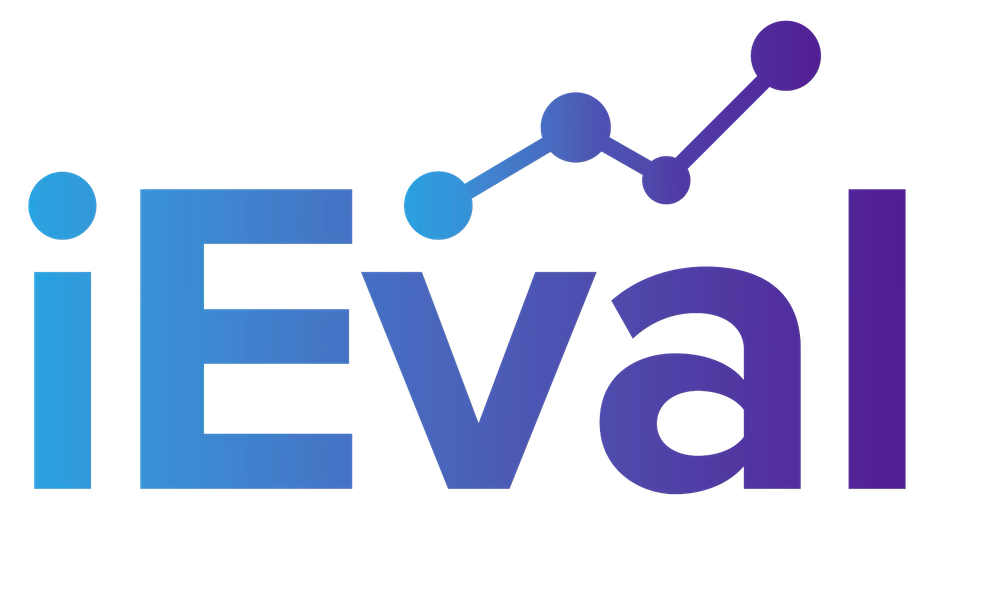As an evaluator, I feel successful in my work if the client is using the data I’ve collected and analyzed to make informed decisions – that makes me feel like my work is valuable. However, I think there’s a fine line between facilitating the client’s understanding of the data in order to create plans and telling the client exactly what the data means and what to do with it.
Thinking back to when I first started out in the evaluation field, I would often analyze the multiple data source and create a report that included the complete analysis, recommendations for improvements and decision-making, and next steps for future evaluation work. It was succinct, but it was also very prescriptive. Clients appreciated it because it took the guesswork out of what they were doing. There were clear steps they could take based on my analyses, but I haven’t been intimately involved with their programs over time as they have. While my recommendations and next steps may have grown out of both data analyses and conversations with key stakeholders, it really still just came from the external evaluator.
Over the years, I’ve realized that it’s more than just a theory – clients who own the data and decision-making really do use the evaluation to a much higher degree. That’s a win-win! It’s been a gradual change over the years, but in the last seven years or so, but here’s how our reports look now:
- Our recommendations and next steps sections of reports typically contain focused questions to help the client think through the data with some guidance.
- We embed “digging deeper” questions throughout the report so the client is an active reader, thinking and wanting more as they read through it.
- We try to give the client the opportunity to ask follow-up questions based on the conclusions they came to when thinking about our focused questions, then we’ll do additional analyses to response to the new needs.
While this work is more time consuming and requires greater involvement from the client, we have seen it lead to more systemic changes that will last beyond the duration of our evaluation contract.
DR. TACKETT’S USEFUL TIP: Remember to let the client speak! Working with the client in a focused way, asking questions that dig deeper into the data and understandings, will result in greater client ownership of the data and decisions.

